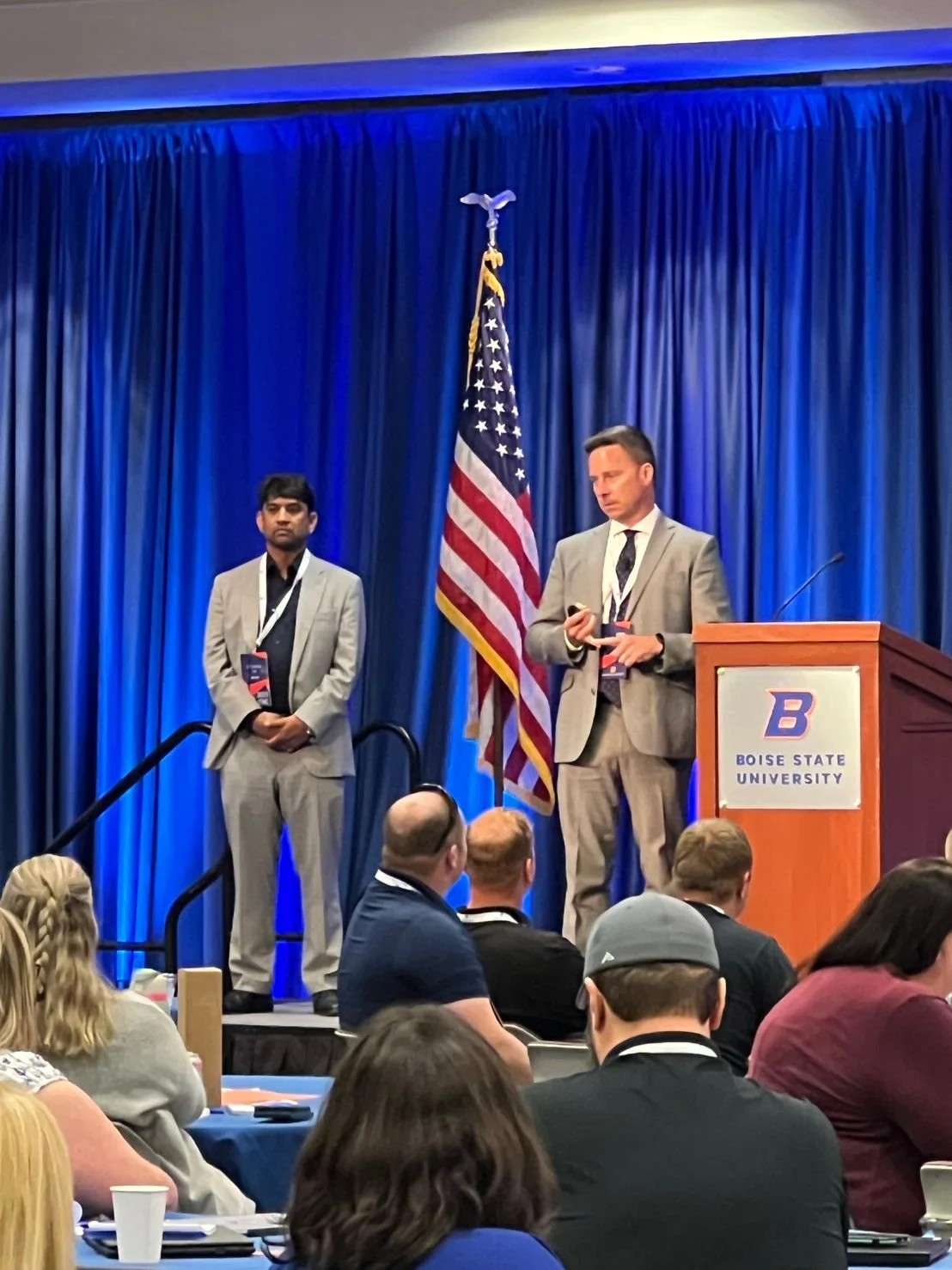
Brian Uridge helps organizations make safety real in the places people live, work, heal, worship, and learn.
Our method is simple and practical: build trust, deliver training, and choose technology that actually serves the mission.
From Public Safety to Health Systems and Beyond
Brian’s career began in Kalamazoo, Michigan, home to the nation’s largest combined police, fire, and medical first responder department. He served across roles in that public safety model, learning firsthand how enforcement, compassion, and clear communication come together in the field. After completing his service, he moved into healthcare security leadership as a director, where he adapted community-policing concepts to hospitals and clinics.
A key insight shaped his approach: every hospital is a community, every floor a neighborhood, and each neighborhood has unique needs. From there he built programs anchored in three pillars—trust, training, technology—and a practical training core of situational awareness, proximity management, and de-escalation. His work led to speaking invitations across the country, beginning with the Michigan Health & Hospital Association, then other state associations, and onto national audiences through the Executive Speakers Bureau.
To date, he has presented in 32 U.S. states, delivered sessions for international audiences, and spoke in Dubai on healthcare violence prevention. He continues to design in-house training that scales, strengthen behavioral threat assessment teams, and advise on workplace violence prevention for hospitals, universities, municipal agencies, K–12 districts, corporate workplaces, and faith communities.

Brian’s Values
Trust, Training, Technology
We focus on what teams can do every day. These values shape the plans we make, the skills we teach, and the tools we recommend.
-
Trust.
Safety improves when relationships improve. Brian helps leaders and frontline teams build credibility through consistent rounding, recognition, and two-way communication. He emphasizes assurance as a core outcome. People must be safe and feel safe.
-
Training.
Skills stick when they are simple, repeatable, and practiced. Sessions focus on reading environments, positioning for safety, and communicating under stress. Tabletop exercises and short scenario drills help teams move from policy to habit.
-
Technology.
Tools should serve people and clear procedures. Brian provides practical guidance on cameras and analytics, access control, duress solutions, reporting systems, and even canines where appropriate. Purchases are right-sized to the risk and mapped to measurable goals.
-
Leadership.
Culture change shows up in small daily choices. Brian uses a planning lens similar to SMAC (Situation, Mission, Execution, Administration/Logistics, Command & Control) to set direction and avoid micromanagement. He coaches leaders to install routines, clarify roles, and measure progress with simple dashboards that track both activity and outcomes.
-
Communication.
Transparency moves the needle. Brian has implemented biweekly update models that reach thousands of staff members, highlight wins, close loops after incidents and near misses, and reinforce the behaviors organizations want repeated.
A Safer Tomorrow Starts With One Conversation
Not sure where to begin? A short call will surface your priorities and a few clear next steps. If it’s a fit, great—we’ll build a plan. If not, you’ll still leave with useful ideas you can put to work! Reach out to Brian Uridge today to compare options and see what a first step could look like for your team.



